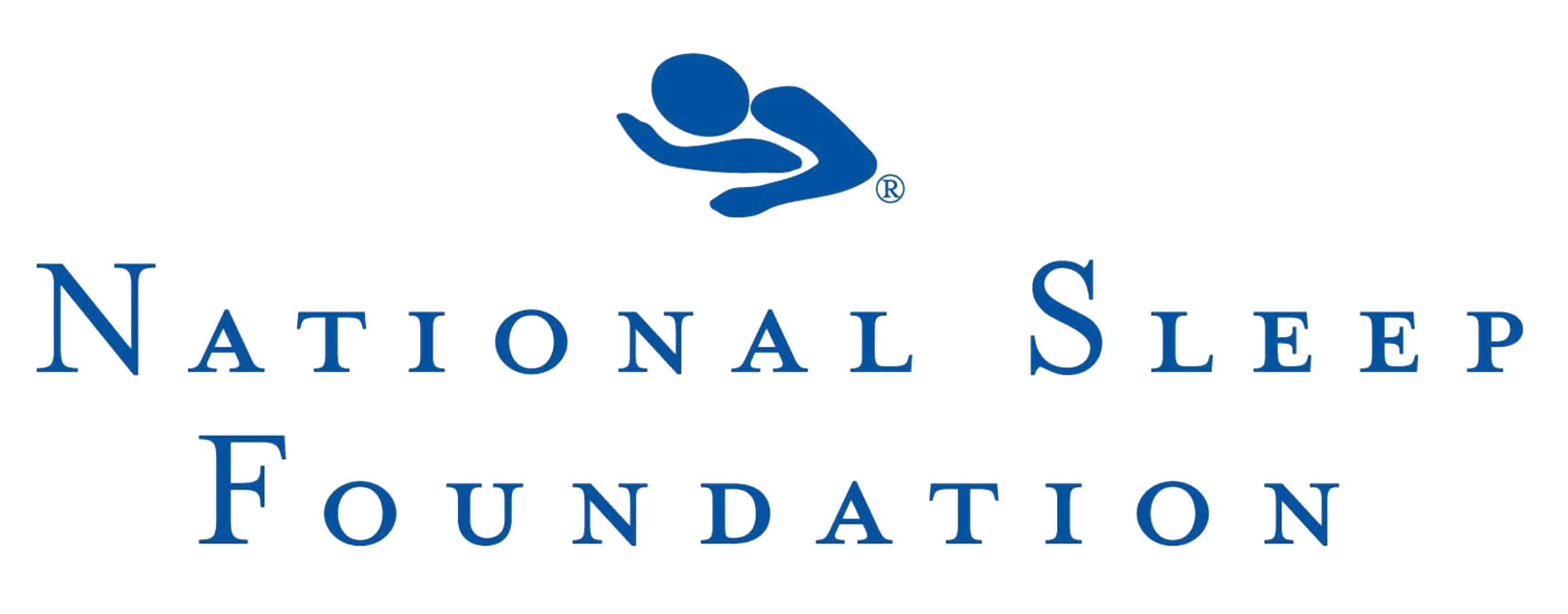The power of a good night’s sleep: harness it!
Keep a regular sleep/wake schedule 7 days per week
This keeps the biorhythms on schedule which helps with more than just sleep
Get enough total sleep time
7.5 to 8 hours per night for most adults
Prioritize and Protect it!
Exercise daily
Not within 3 hours of bed time
Set aside time for planning / thinking / worrying
Not near bed time
Take notes and make lists for tomorrow
Avoid alcohol and nicotine within 3 hours and caffeine within 6 hours of sleep
While alcohol may help with falling asleep, it tends to disrupt sleep later
Caffeine doses are unpredictable and the duration of effect varies a lot from person to person
Avoid bright light in the evening as this may make it harder to fall asleep
This includes sunlight and computer screen light
Amber-colored sunglasses or films that block the blue wavelength in light should reduce the effects
Create a relaxing sleep environment
Quiet, dark, and not too warm
Good supportive mattress
Use bed for sleep and sex only, not for work, balancing your checkbook or emotionally charged phone conversations
Create a pre-bed ritual
That lasts for 15 to 30 minutes to help prepare for sleep (like a warm-up before exercise)
Stop your evening activity at least 30 minutes before sleep
Do something for yourself (e.g.: a facial, foot bath, crossword, needle work, listen to relaxing music)
Visualization / Relaxation / Meditation
These “distract” a busy mind with restful images or thoughts that help sleep happen as other thoughts are blocked out
Practice helps it work better
Can be used anytime including the middle of the night to go back to sleep or to reduce stress during the day
Get out of bed if you are not sleeping - don't watch the clock!
Do something quiet in a dim room until you feel sleepy, then try to sleep. Avoid TV and computer: too much light, too stimulating







